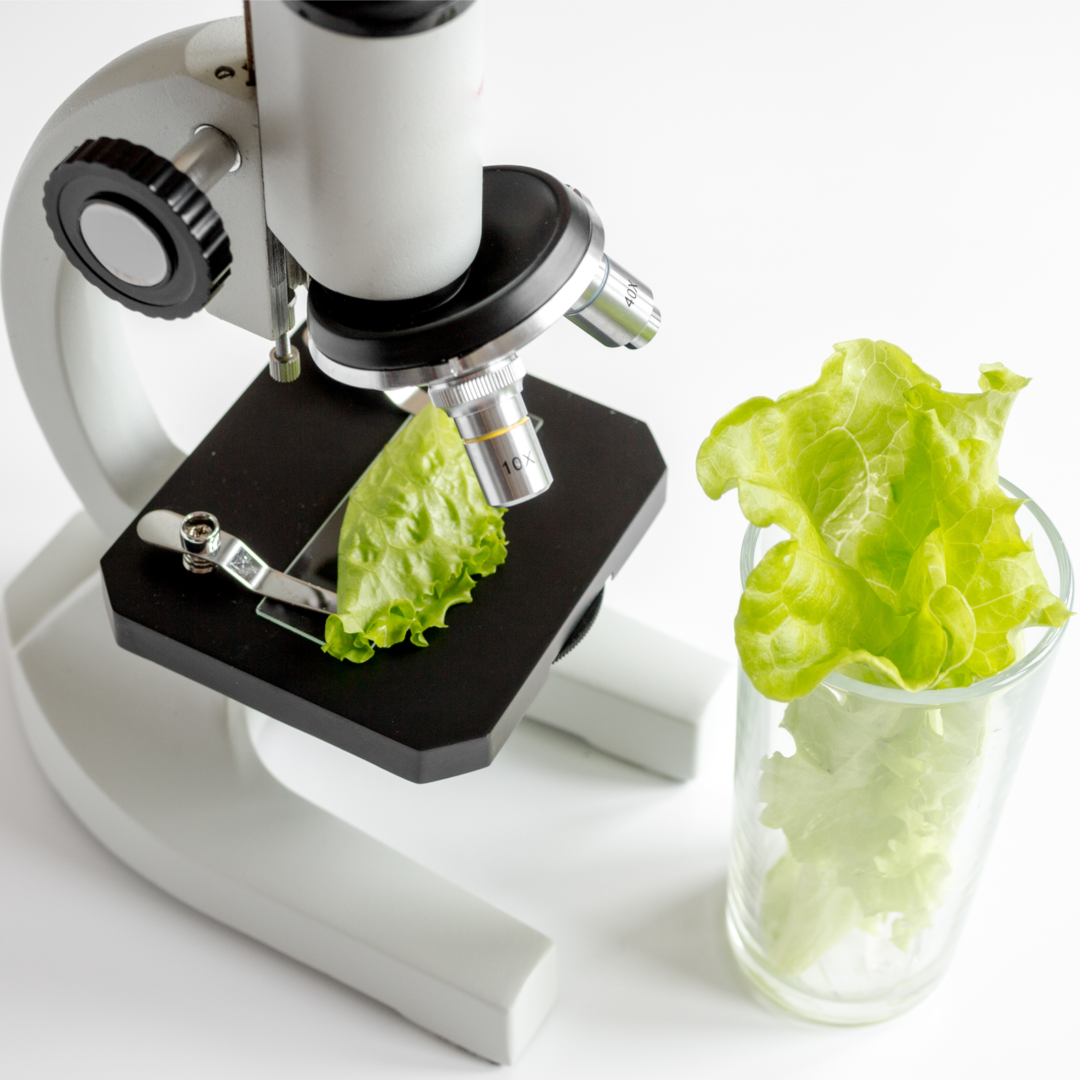Challenges of Developing Organic Supplements
Ever wondered why organic bananas and tomatoes can be found at most grocery stores but organic sleep aids and memory boosters are uncommon? When we were developing our line of products at Refine Naturals, we really wanted to come out with organic options but could not find a way without sacrificing the quality of our products. For the ever-growing organic savvy fans, these are the challenges and truths behind manufacturing organic supplements:

Challenge no. 1: Canada does not set organic standards for natural health products (only fruits and vegetables can be certified).[1] While this obviously makes it difficult for the customer to decide, Canada does recognize the US standards for organic supplements.[2] The US standards are set by the US department for Agriculture, hence, abbreviated as USDA Organic.
Challenge no. 2: Organic standards in processing herbs:
- Growing organic starts from using non-genetically modified seeds, not using chemical fertilizers or pesticides or weedicides.
- That’s not enough: Organic standards even continue in the processing area. For example, instead of the commonly used alcohol based solvents, only water can be used for extraction.[3] This makes ‘Standardization’ difficult so we won’t know how much active ingredient exists in the final extract. So either you get ‘Standardized’ herbal extract or ‘Organic’ herbal extract (we decided to go ahead with the first option, so as to ensure the efficacy of our products, read more ‘here’).
Challenge no. 3: Organic non-medicinal ingredients:
- As per organic standards, a few selected excipients can be used as binders in tablets or to make capsule shells.[3] This rules out using the popular hypromellose capsule shells and even gelatin shells have to be certified organic. You may notice that ‘processing’ organically is more challenging than growing and hence, raw tomatoes can be grown organic, but an organic tomato ‘extract’ is difficult to find.
So, how can you judge if a supplement is really organic? There are 4 kinds of permissible USDA organic claims[4]:
- ‘100% Organic’
- ‘Organic’
- ‘Made with Organic__’
- Organic Ingredient listing

Wait there is a 5th one:
Many sellers write ‘Organic’ on their products without certification from USDA (i.e. they sell non-certified organic). While this is not in violation of any law, but it takes away the reliability of such a claim. Given the challenges discussed above, it is hard to believe that all organic standards would have been rigorously followed in these products.
So, even though there are 4 kinds of ‘certified’ organic claims possible for supplements, the things to compromise were not worth it for our products. We hope that you will now be able to distinguish a genuinely organic supplement in the market. At Refine Naturals, we realize that not all natural health supplements are created equal. We concentrate our expertise in choosing quality and evidence backed medicinal as well as non-medicinal ingredients.
At Refine Naturals: We believe “You Deserve Better than FINE!”
References:
- Saunders J. Making Sense of “Organic” Labels For Non-Food Products [Internet]. Org. Counc. Ont.2017 [cited 2021 Aug 9];Available from: https://www.organiccouncil.ca/making-sense-of-organic-labels-for-non-food-products/
- Government of Canada CFIA. Organic equivalency arrangements with other countries [Internet]. 2015 [cited 2021 Aug 9];Available from: https://inspection.canada.ca/organic-products/equivalence-arrangements/eng/1311987562418/1311987760268
- Guidance on organic dietary supplements [Internet]. Am. Herb. Prod. Assoc. AHPA2018 [cited 2021 Aug 9];Available from: https://www.ahpa.org/News/AHPAUpdates/TabId/105/ArtMID/550/ArticleID/903/Guidance-on-organic-dietary-supplements.aspx
- US Department of Agriculture. USDA Organic Labels Explained [Internet]. [cited 2021 Aug 8];Available from: https://www.ams.usda.gov/sites/default/files/media/OrganicLabelsExplained.png




